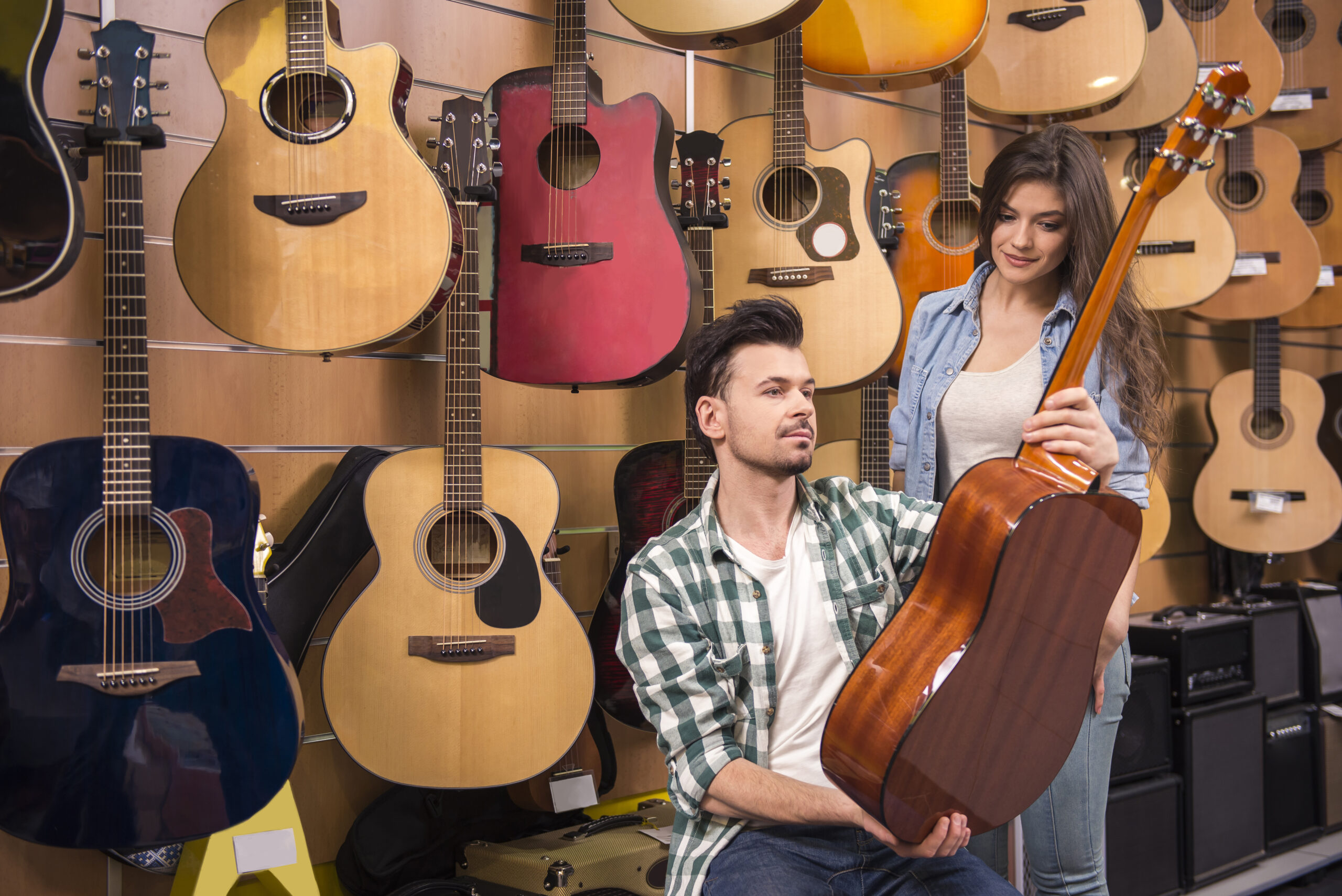National Buy a Musical Instrument Day (May 22)

Music connects us, shapes emotion, and fosters creativity—and National Buy a Musical Instrument Day is the perfect excuse to bring that power into your home.
Whether it’s your first instrument or a new addition to your collection, May 22 encourages everyone to start or continue their musical journey.
From kids picking up a recorder to adults diving into guitar, it’s a day to celebrate melody, learning, and personal expression. One of the best weird holidays in May.

When is the Holiday?
National Buy a Musical Instrument Day is celebrated annually on May 22.
Who Invented It?
Like many quirky holidays, its origin is unclear. It likely began as part of a broader push to promote music education and participation, especially among kids and first-time learners.

The History of the Holiday
Though the holiday itself isn’t ancient, its purpose reflects a long history of musical engagement.
Music has been integral to human life since ancient times—from ritual drumming to the formal music schools of the Renaissance.
By the 19th century, conservatories became widespread, and by the 20th, recorded music and school-based music education became more accessible.
This holiday feels like a natural extension of this history—encouraging people not just to listen but to make music.

Top 5 Facts About the Holiday
Your brain on music – MRI scans show that playing music engages nearly every part of the brain—more than any other known activity, including solving math problems.
Instrument sales spike in May – Many music retailers see a noticeable uptick in sales around this holiday, often running special promotions or beginner bundles.
Musicians live longer – Studies have linked playing an instrument to increased longevity, likely due to reduced stress, improved mental agility, and increased social connection.
Lefties adapt – Many left-handed musicians play right-handed instruments by default, but the rise in custom-built left-handed guitars and violins is making music more inclusive.
Digital instruments are booming – Virtual instruments and music creation apps are surging in popularity, allowing creators to produce full songs from a tablet or phone.

Activities to Celebrate
- Buy your first (or next) instrument – Visit a local store or explore online shops with reviews to guide your choice.
- Start lessons – Try in-person classes, YouTube tutorials, or music apps like Yousician or Simply Piano.
- Host a mini jam session – Even beginners can play along with simple chord charts or rhythm games.
- Introduce kids to music – Set up a musical storytime or use toy instruments to spark curiosity.
- Try something new – If you already play, challenge yourself with a different genre or style.
- Gift an instrument – Encourage a loved one to begin their own musical journey.
- Support music programs – Donate to a local school or nonprofit that funds music education.

**This post may contain affiliate links. As an Amazon Associate and a participant in other affiliate programs, I earn a commission on qualifying purchases.**
Links to Resources
Yousician App – Offers structured lessons for guitar, piano, bass, ukulele, and vocals. Tracks your playing in real time and adjusts lessons to your progress.
First Act Kids Guitar – A real six-string acoustic sized for young learners, with nylon strings that are gentle on fingers. Great first instrument for ages 6+.
MIDI Keyboard Controller – Ideal for beginners and producers alike. It connects to music software and lets you compose using digital instruments.
Kala Learn to Play Ukulele Starter Kit – Includes a soprano ukulele, online lessons, and a tuning app. Compact, easy to learn, and perfect for beginners of all ages.
BandLab – A free, browser-based Digital Audio Workstation (DAW) for composing, recording, and mixing your own music. No instrument required—just creativity.
Composer worksheets – Learn about the lives and legacies of the most famous composers with printable worksheets, ideal for introducing music history to kids.
Related Holidays
World Radio Day (February 13) – Celebrates the history and power of radio as a medium for storytelling, music, and culture. A great reminder of how music has been shared globally.
Uncommon Musical Instrument Day (July 31) – A day to explore the weird and wonderful side of music. Think theremins, glass harmonicas, or even the didgeridoo—perfect for those who march to the beat of their own drum.
Play Your Ukulele Day (February 2) – Encourages musicians of all levels to strum a tune. Whether you’re a beginner or a pro, it’s a laid-back way to show off your skills or learn a new chord.
International Jazz Day (April 30) – Honors the genre’s cultural and historical impact. It’s a great excuse to listen to jazz legends or try improvising on your instrument of choice.
Pin it!
Share this post about National Buy a Musical Instrument Day on Pinterest!

